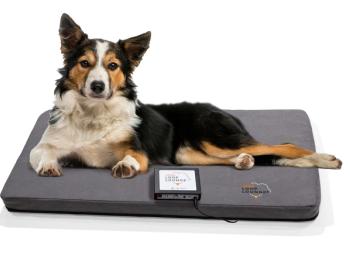
Journal Scan: Hydration status and the renal effects of NSAIDs
A look at how carprofen and etodolac affect renal function in dogs.
What they did
Researchers evaluated the effects on the glomerular filtration rate (GFR) of standard doses of carprofen and etodolac in euvolemic dogs and dogs that were volume-depleted via concurrent use of furosemide. Urine specific gravity, biochemical markers (blood urea nitrogen, creatinine, and electrolyte concentrations), GFR (based on urinary clearance of creatinine), and renal plasma flow (based on urinary clearance of para-aminohippuric acid) were evaluated at baseline and after eight days of treatment.
What they found
Using furosemide alone produced an expected decrease in urine specific gravity, with no effect on GFR. Administration of carprofen and etodolac alone did not significantly alter renal plasma flow or GFR; however, concurrent use of furosemide with either NSAID caused a significant decrease in GFR. Values returned to normal within two weeks of discontinuing medications.
Take-home message
Using NSAIDs in dogs that are volume-depleted, regardless of COX-2 selectivity, can impair renal function, but these results appear to be transient.
Surdyk KK, Sloan DL, Brown SA. Renal effects of carprofen and etodolac in euvolemic and volume-depleted dogs. Am J Vet Res 2012;73(9):1485-1490.
Link to abstract:
Newsletter
From exam room tips to practice management insights, get trusted veterinary news delivered straight to your inbox—subscribe to dvm360.






